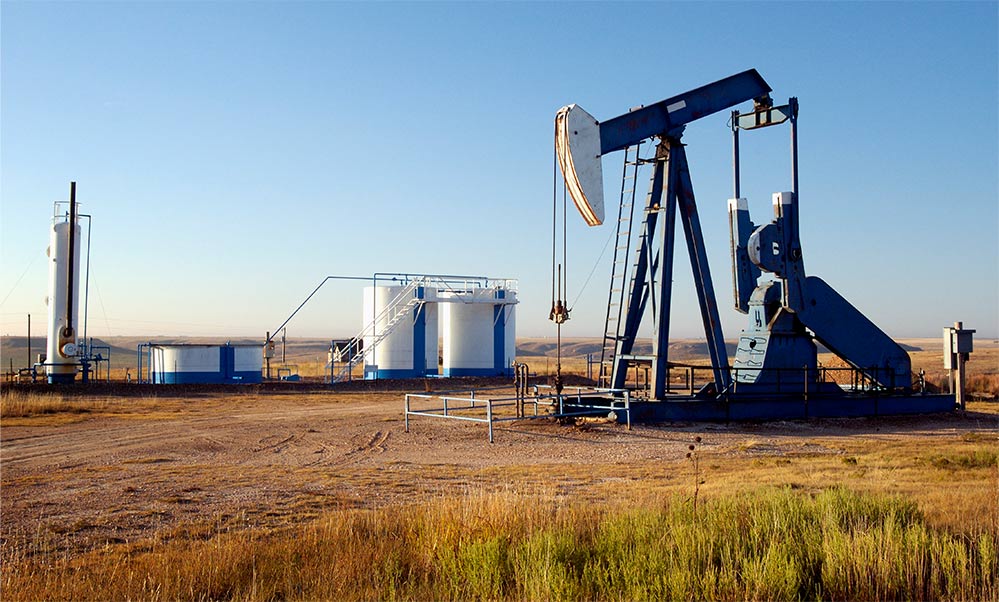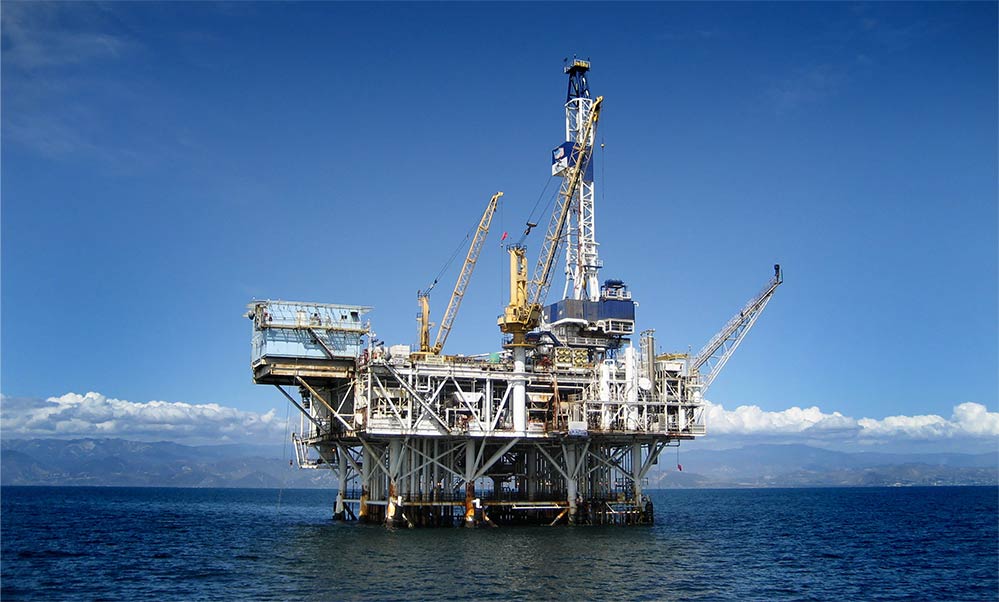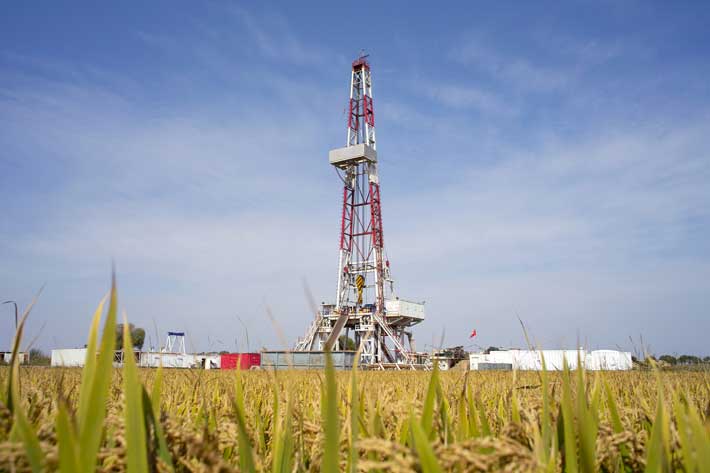
Sproule Featured Insight
Abandonment, Decommissioning and Reclamation Costs
Reserves Reporting Best Practice
Learn MoreGlobal Expertise: No matter where your asset is, Sproule can deliver an authoritative evaluation.
Sproule adheres to the regulatory requirements of stock exchanges in the US, Canada, Hong Kong, Australia, London, and other countries.
Globally, Sproule uses the Petroleum Resources Management System (SPE-PRMS) to guide our processes. The Society of Petroleum Engineers endorses this system; the World Petroleum Council; the American Association of Petroleum Geologists; the American Association of Petroleum Geophysicists; the Society of Petroleum Evaluation Engineers; and other professional engineering and geoscience organizations. In Canada, we rely on the Canadian Oil and Gas Evaluation Handbook (COGEH).
Global Expertise: No matter where your asset is, Sproule can deliver an authoritative evaluation.
Sproule adheres to the regulatory requirements of stock exchanges in the US, Canada, Hong Kong, Australia, London, and other countries.
Globally, Sproule uses the Petroleum Resources Management System (SPE-PRMS) to guide our processes. The Society of Petroleum Engineers endorses this system; the World Petroleum Council; the American Association of Petroleum Geologists; the American Association of Petroleum Geophysicists; the Society of Petroleum Evaluation Engineers; and other professional engineering and geoscience organizations. In Canada, we rely on the Canadian Oil and Gas Evaluation Handbook (COGEH).
Our experts have a deep understanding of industry standards. They are also regularly engaged in enhancing and redefining these standards through global organizations such as the Society of Petroleum Evaluation Engineers and the Society of Petroleum Engineers.
Reserves Evaluation to Support your Business
Regulatory Reporting Requirements and Asset Valuation: Reserves are a significant component of a company’s financial statement and can affect impairments. Publicly traded companies follow established rules and guidelines to protect investors for how companies are financially assessed, and report their assets and cash flow. Governments may also regulate reporting to support the development and modification of legislation and policies aimed at enhancing business confidence and securing investment.
Financing:Trustworthy reserves reports are crucial for attracting investment. Independent third-party reserves validation from a credible firm with a globally established track record mitigates risk for investors. This enhances trust and improves the likelihood of investment. Governments can attract foreign energy investment while protecting national interests, communities and the environment.
Reserves Evaluation to Support your Business
Regulatory Reporting Requirements and Asset Valuation: Reserves are a significant component of a company’s financial statement and can affect impairments. Publicly traded companies follow established rules and guidelines to protect investors for how companies are financially assessed, and report their assets and cash flow. Governments may also regulate reporting to support the development and modification of legislation and policies aimed at enhancing business confidence and securing investment.
Financing:Trustworthy reserves reports are crucial for attracting investment. Independent third-party reserves validation from a credible firm with a globally established track record mitigates risk for investors. This enhances trust and improves the likelihood of investment. Governments can attract foreign energy investment while protecting national interests, communities and the environment.
Mergers and Acquisitions: Sound valuations underpin strategic M&A decisions. Access to trustworthy information – competent and independent valuations – limits risk for the company and its stakeholders. Having a consistent benchmark to assess opportunities is critical for success and continued portfolio optimization.
Portfolio Strategy: Maintaining consistent and fair reserves reporting practices helps E&P companies maintain stakeholder confidence and supports portfolio and corporate decisions. A focused and disciplined approach to project and portfolio management enhances performance and lays a strong foundation for long-term growth. Pipeline companies also rely on this information to determine whether new pipelines, extensions or expansions are needed and what the potential upside of an opportunity may mean in terms of supply and demand.
CASE STUDY
Robust Corporate Training Ensures High Standard of Annual Reserves and Resources Reporting for PETRONAS
Learn More
Managing Director, Reservoir Services
Start a Conversation
Contact an expert today to discuss how Sproule can help you solve some of the most challenging issues facing your business today.






